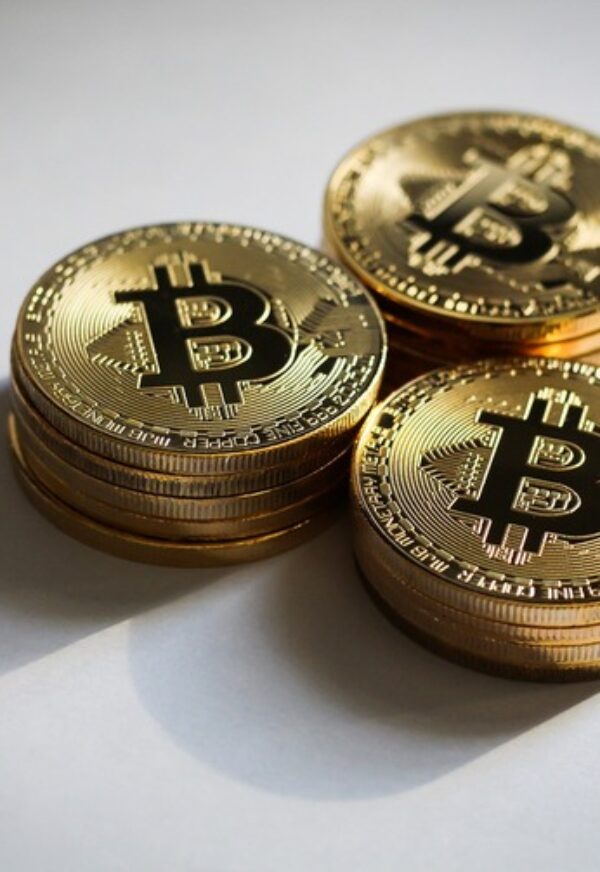Japan’s Leadership Contest Heats Up: Yen Fluctuates Amidst Rising Sentiment from China’s Stimulus Measures
Currency markets saw big movements as Japan prepares for a leadership change of the kind that will affect the country, and as China continued to implement economic stimulus measures.
The Japanese yen dipped by over 1% against the dollar and touched its lowest point since early September at 146.495. The decline is due to the prospect of hardline nationalist Sanae Takaichi prevailing in the prime ministerial contest, which may make the BOJ less aggressive in raising interest rates.
The yen play and the battle for the leadership of Japan are about to become decidedly headline-driven as the stakes grow even higher, and a leader emerges to take up the challenge of overseeing these straitened times.
A runoff set to choose Japan’s next prime minister pits Takaichi against former defence minister Shigeru Ishiba. Analysts are speculating on possible implications for the yen, specifically, were Takaichi to win.
Market expectations suggest that a Takaichi win could lead to earlier BOJ rate hikes or foreign-exchange interventions, though there are worries over their effectiveness following the death of Japan’s top currency diplomat.
China’s Stimulus Packages
Meanwhile, China’s stimulus packages are also reflecting positively on international market psychology. The Chinese government recently unveiled significant cuts in all major interest rates and reducing minimum reserve requirements for banks to boost lending that will help revive the struggling economy.
Discussions by the Politburo were said to have included immediacy in support for housing consumption and stabilizing the real estate market that would be among the flagship programs in reviving the economy.
This response to the economic slowdown has nudged risk-sensitive currencies and made sure the Australian and New Zealand dollars remain close to multi-year highs.
Currency Performance
While the yen continues to slumber in a downtrend, other currencies are holding up well. The British pound is off a bit at $1.3381 but remains within spitting distance of 2 1/2-year highs. The Australian dollar has retreated somewhat to $0.68705 but remains near its best levels in over 18 months.
The New Zealand dollar is holding near its nine-month peak as well, benefiting from the ripple effects of China’s positive economic policies.
U.S. Dollar Dynamics
The dollar is falling further on the US side against the major currencies due to market participants expecting further cuts in interest rate by the Federal Reserve in the second half of this year.
In its recent economic releases, the US economy points out towards a sound economic environment because of excellent labor market and performance by corporates above expectations.
The market is still pricing in a possibility of a 73-basis point easing by the Fed approach for the rest of the year. Since the dollar index returned to 100.86, not far from the 14-month low.
Shigeru Ishiba: A New Leadership Era?
Against this backdrop of economic change, Shigeru Ishiba’s general election win as the leader of Japan’s ruling Liberal Democratic Party heralds a new chapter.
A veteran politician and former defense minister, Ishiba is certainly known for his independent approach and breaking norms; his vision to strengthen Japan’s ailing economy includes decentralizing government operations and disaster preparedness.
Ishiba’s emergence at the top occurs at the time when LDP goes through intense public pressure due to scandals and declining support. His campaign was focused on a return to a livelier and more dynamic Japan, focusing on policies that restore public trust and improve living conditions.
Conclusion
Political development in Japan combined with China’s economic policy continue to shape currency markets and investor sentiment. The uncertainty in the Japanese leadership presses the yen, but Chinese stimulus is countering the negativity that supports the risk-sensitive currencies.
Concerning Ishiba, it could lead to new economic policies that will renew Japan and hence bring about the confidence of investors in the governance. Markets will still be highly alert to resulting changes that may trigger positive or negative effects concerning currency valuation and general trends in the economy.


